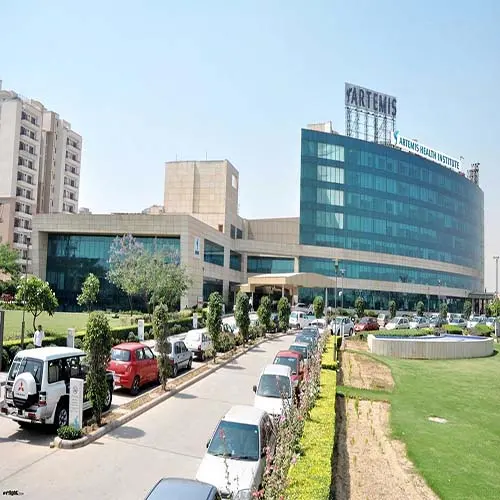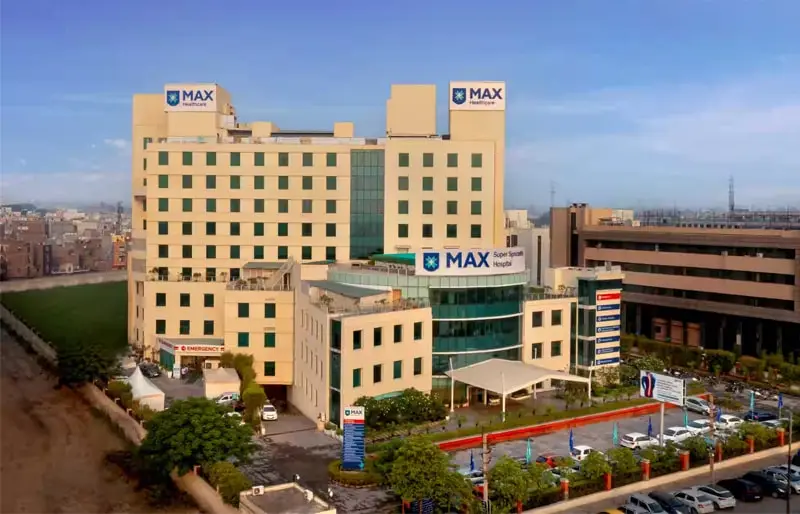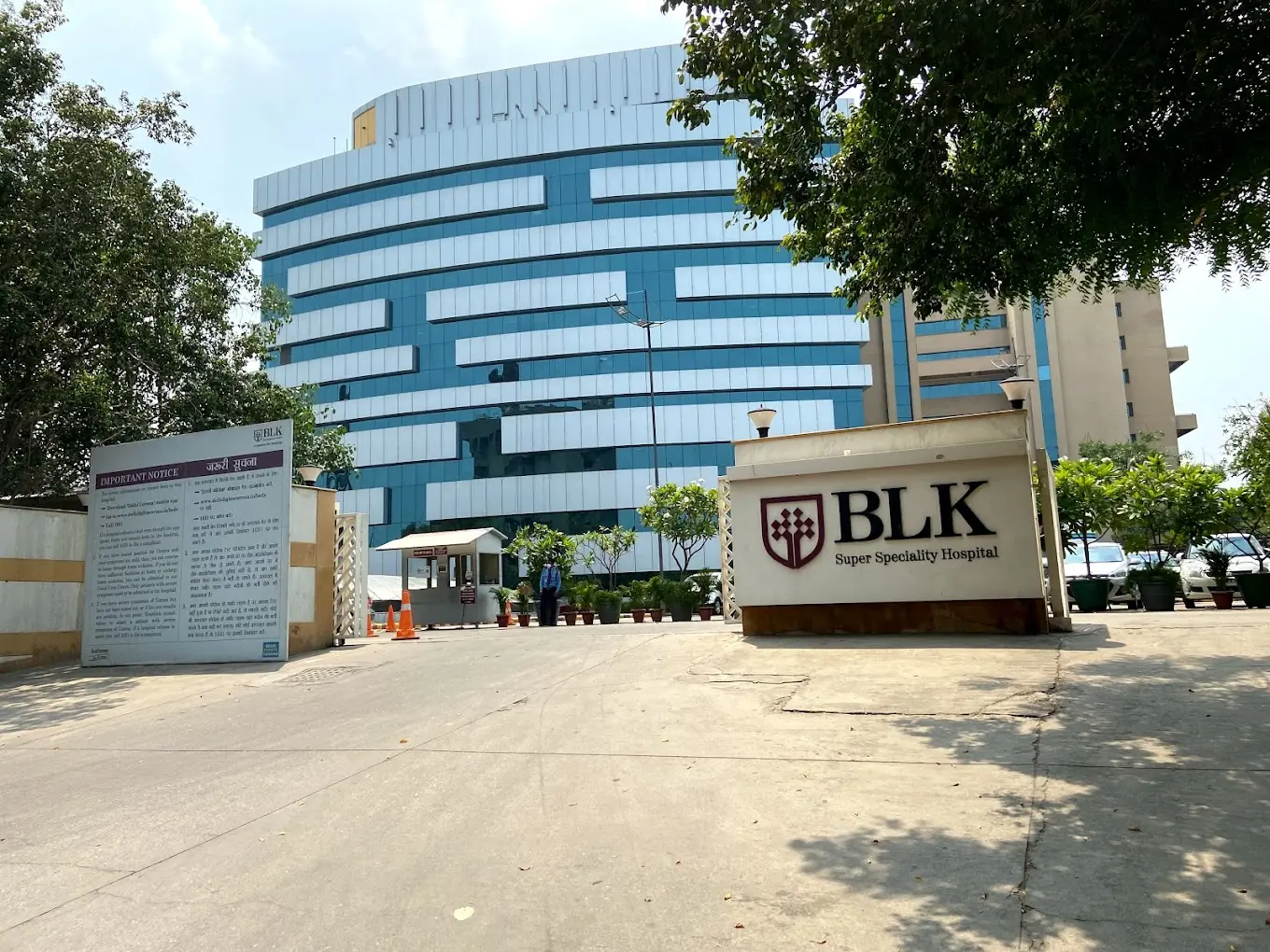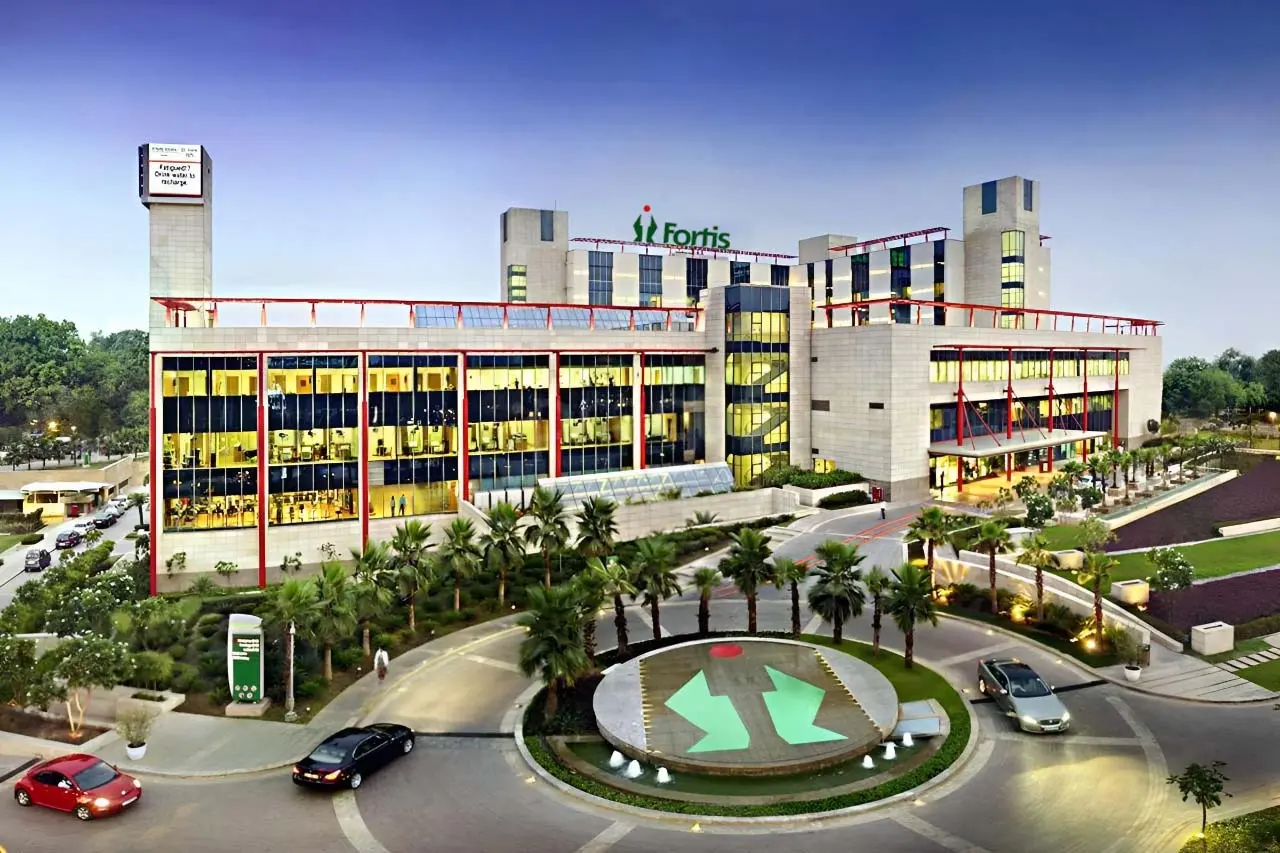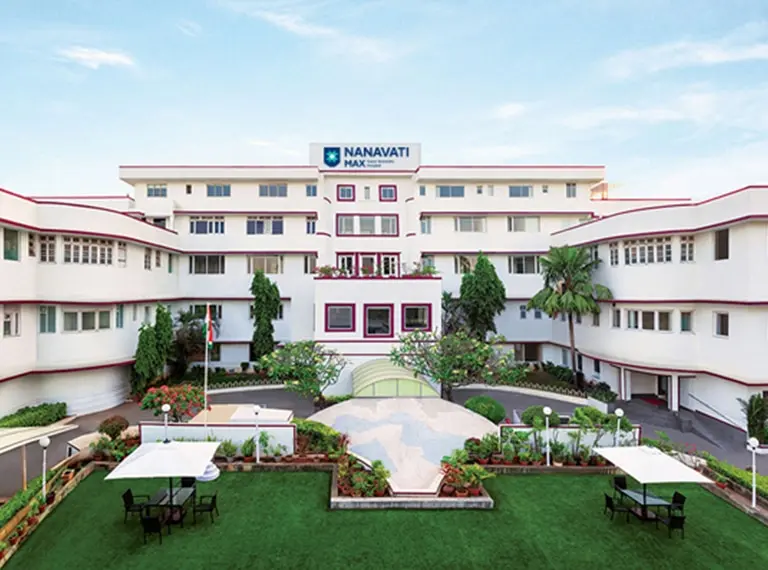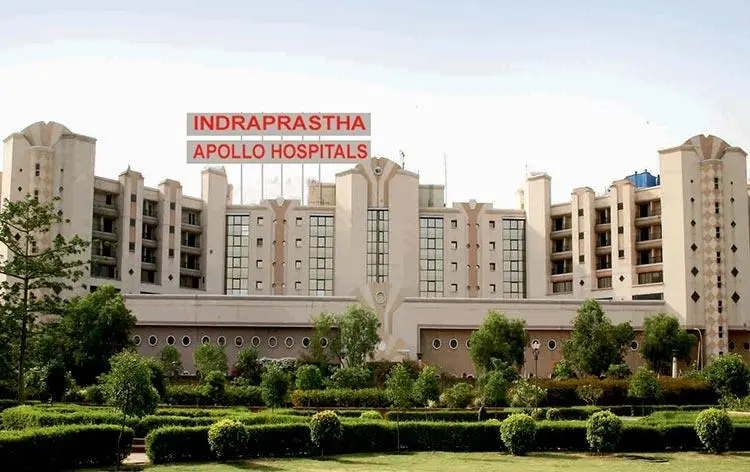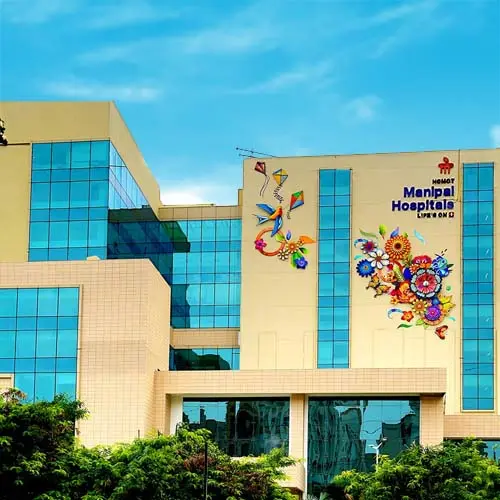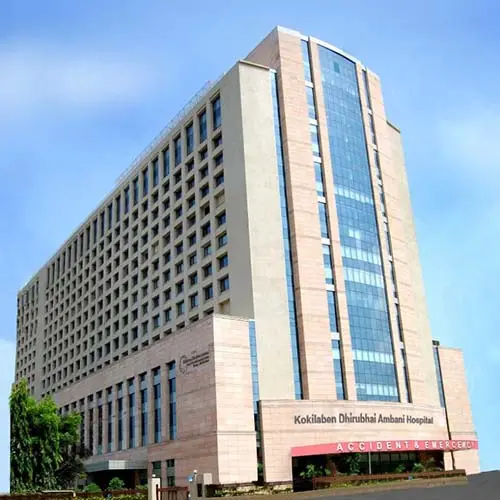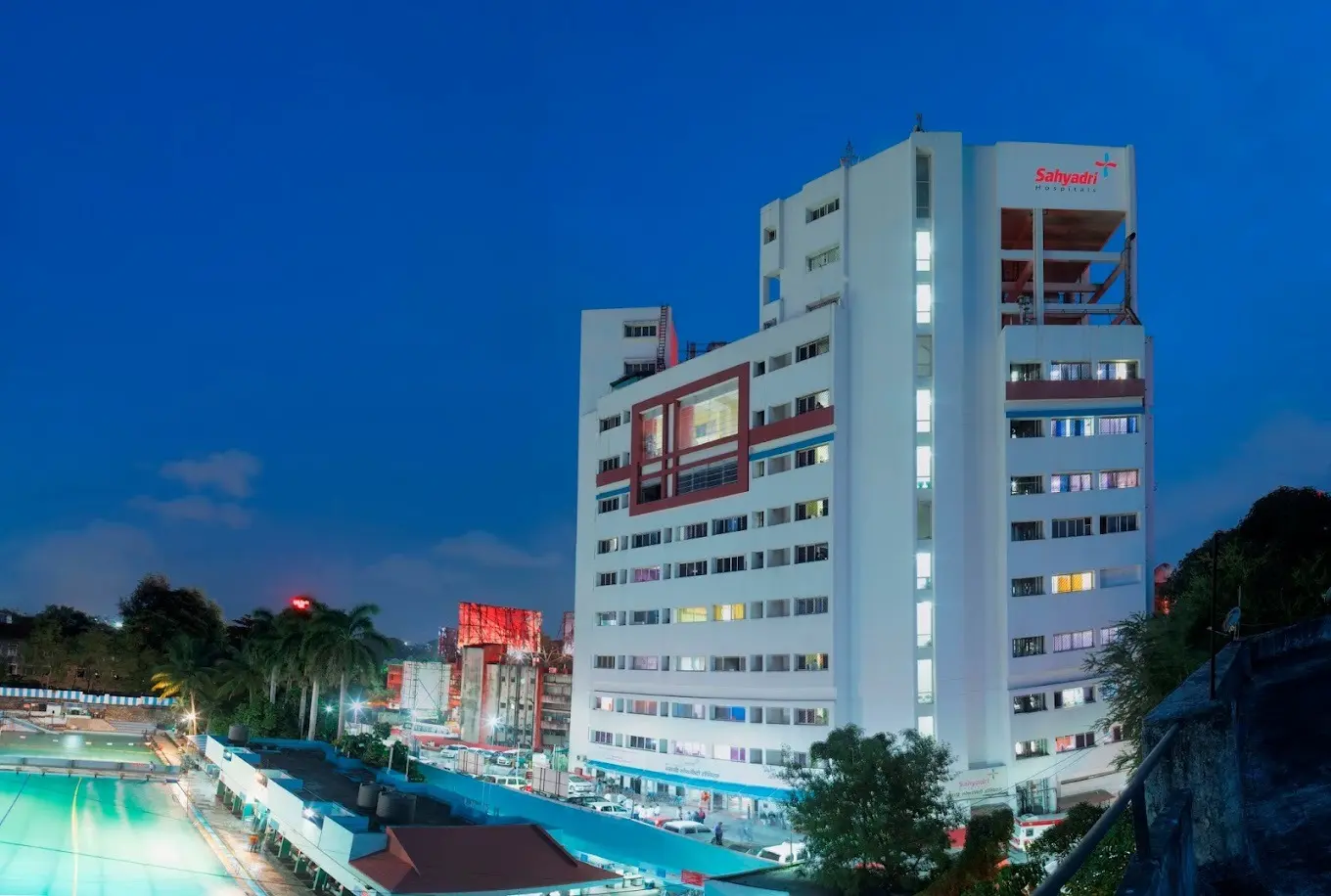Spine Bifida Repair cost in India
Spina bifida repair cost in India typically ranges from $6,500 to $7,000, which is equivalent to approximately 5,45,000 to 5,85,000 Indian rupees. India is globally recognised for providing high-quality neurosurgery and pediatric surgery at highly affordable rates. The cost of spina bifida repair surgery in India is often a fraction of what patients would pay in Western countries, while maintaining comparable standards of surgical expertise, advanced infrastructure, and comprehensive patient care.
There are two main types of spina bifida repair procedures — prenatal (foetal) repair and postnatal (after birth) repair. Prenatal surgery is performed by a multidisciplinary team including maternal-foetal medicine specialists and pediatric neurosurgeons, while postnatal repair is typically carried out by an experienced pediatric neurosurgeon soon after birth.
Cost Range of Spine Bifida Repair cost in India
Surgeons develop a customised treatment plan for spina bifida repair surgery in India by conducting a comprehensive evaluation of the patient’s medical history, prenatal imaging (such as ultrasound or foetal MRI), neurological assessments, and overall health status. The type and severity of the spina bifida—whether myelomeningocele, meningocele, or spina bifida occulta—along with the location and extent of the spinal defect, guide the choice of surgical approach.
Patient-specific factors such as gestational age (for prenatal repair), newborn condition (for postnatal repair), presence of hydrocephalus, associated anomalies, and risk of neurological compromise are carefully considered. Based on these factors, the surgical team determines whether prenatal (foetal) repair or postnatal surgical closure is most appropriate. A personalised surgical plan aims to minimise nerve damage, prevent infections, enhance functional outcomes, and improve the child’s quality of life over the long term.
Get a free cost estimate
Common Conditions That May Require Spina Bifida Repair Surgery in India
Myelomeningocele
This is the most serious form of spina bifida. A part of the baby’s spinal cord and nerves comes out through an opening in the spine. Without surgery, it can cause weakness, paralysis, and problems with bladder and bowel control. Surgery helps close the opening, protect the nerves, and prevent infections.
Meningocele
In this type, a fluid-filled sac bulges out through the spine, but the spinal cord stays inside. Surgery is usually done to close the opening and avoid future complications.
Tethered Spinal Cord
Sometimes, the spinal cord gets stuck to tissues around it, which can pull on the nerves and cause pain, weakness, or bladder problems. Surgery helps release the spinal cord and prevent further nerve damage.
Spina Bifida Occulta with Symptoms
Many people with this hidden form of spina bifida have no symptoms. But if it starts causing back pain, leg weakness, or bladder issues, surgery may be recommended to correct the problem.
Hydrocephalus (Fluid on the Brain)
Many children with spina bifida also develop hydrocephalus, a buildup of fluid in the brain. To treat this, doctors may place a small tube called a VP shunt during or after spina bifida surgery to drain the extra fluid and relieve pressure.
Follow-up or Revision Surgery
Sometimes, children who had spina bifida surgery earlier may need another surgery if problems like fluid leaks, infections, or spinal cord issues develop later. This helps keep the child healthy and prevent further complications.
Who Is an Eligible Candidate for Spina Bifida Repair Surgery in India?
1. Medical Eligibility Criteria
a) Confirmed Diagnosis of Spina Bifida
- Spina bifida repair is considered for babies or patients who have been diagnosed with this condition. The diagnosis usually involves:
- Prenatal Ultrasound: Detects spina bifida in the womb.
- Fetal MRI: Provides detailed images of the baby’s spine and brain.
- Physical Examination (After Birth): The doctor examines the baby’s back and neurological function.
- CT Scan or MRI (Postnatal): Helps assess the extent of the defect and plan surgery.
b) Type and Severity of Spina Bifida
- Myelomeningocele: Babies born with an open defect where nerves are exposed almost always need surgery shortly after birth to protect the spinal cord and reduce infection risks.
- Meningocele: Surgery is performed to close the fluid-filled sac and prevent complications.
- Tethered Spinal Cord: Surgery is needed if symptoms like leg weakness, pain, or bladder problems appear.
- Spina Bifida Occulta with Symptoms: Surgery may be advised if hidden spina bifida begins causing issues like back pain, leg weakness, or incontinence.
- Associated Hydrocephalus: If the baby develops fluid buildup in the brain, a VP shunt may be placed during or after spina bifida surgery.
2. Additional Considerations
Age
- Prenatal (Fetal) Repair: Can be performed in selected cases before birth between 19 and 26 weeks of pregnancy.
- Postnatal Repair: Usually performed within the first 48 hours after birth for open forms of spina bifida. Older children with tethered cord or symptomatic spina bifida occulta can also be candidates for surgery.
Overall Health
- The child should be medically stable enough to undergo surgery.
- Other conditions like heart defects or infections must be addressed before surgery.
Family Support and Follow-up
- The family should be ready to follow the surgical and recovery plan.
- Regular follow-up visits are important to monitor the child’s growth, neurological function, and development.
Parental Motivation and Understanding
- Parents should be committed to helping their child with post-surgical care and therapies.
- It is important to understand that surgery can help protect nerves and improve quality of life, but it may not fully reverse existing nerve damage.
Types of Spina Bifida Repair Surgery
Type of Surgery | Description | Approximate Cost (USD) |
Prenatal (Fetal) Spina Bifida Repair | Performed while the baby is still in the womb (between 19–26 weeks of pregnancy). The surgeon closes the spinal defect to help reduce nerve damage. | $6,500–$7,000 |
Postnatal Spina Bifida Repair | Performed within 24–48 hours after the baby is born. The surgeon closes the open area on the back to protect the spinal cord and prevent infections. | $6,500–$7,000 |
Tethered Spinal Cord Release Surgery | For children (or sometimes adults) with a tethered spinal cord causing pain, weakness, or bladder problems. The surgeon releases the spinal cord. | $6,500–$7,000 |
Revision Surgery for Spina Bifida | Surgery to correct complications after an earlier spina bifida repair — for example, closing a leaking wound or addressing nerve-related issues. | $6,500–$7,000 |
VP Shunt Placement (for Hydrocephalus) | Many children with spina bifida need a shunt to drain excess fluid from the brain (hydrocephalus). This surgery is often done along with spina bifida repair. | $6,500–$7,000 |
Get a free cost estimate
Spina Bifida Surgery Repair Cost in India Inclusions
- First consultation
- Treatment as advised
- Routine drugs and consumables required during hospitalization
- Pre-anesthesia check up and clearance
- Hospital stay and meals as per the package
Spina Bifida Repair Surgery Cost in India Exclusions
- Pre-operative examination and tests
- Hotel stay, meals and flights
- Extended hospital stay
- Post-treatment follow-ups
- Treatment for any other underlying medical conditions
- Any complex investigations or drugs
Other Factors Affecting Spina Bifida Repair Surgery Cost in India
- Type of surgery advised
- Choice of location, doctor and hospital
- Pre-existing medical history
- Type and duration of treatment advised
Top Doctors For Spine Bifida Repair in India
Types of Tests for Spina Bifida Repair & Their Cost
Category | Brief Description | Tests |
Blood Tests | To check general health, infection risks, clotting ability, and organ function. | Complete Blood Count (CBC), Blood Group & Cross-Matching, Coagulation Profile (PT, APTT, INR), Blood Sugar Levels, Kidney Function Tests, Liver Function Tests, Infection Screening. This costs approximately $100. |
Radiology Investigations | To confirm the diagnosis, assess severity, and guide surgical planning. | Prenatal Ultrasound, Fetal MRI, MRI of Spine & Brain, CT Scan (if needed), X-ray of Spine/Pelvis. This costs approximately $300 to $400. |
Cardiology Investigations | To ensure heart is healthy enough for surgery and anesthesia. | Echocardiogram (2D Echo), Electrocardiogram (ECG). This costs about $100 to $150. |
Neurological Assessment | To assess nerve function and detect brain involvement or complications. | Neurological Physical Examination, Neurosonography (for newborns). This costs about $50. |
Other Important Assessments | To confirm readiness for anesthesia, optimize nutrition, and review genetic factors. | Pre-Anesthetic Checkup (PAC), Nutritional Assessment, Genetic Counseling (if advised). This costs about $100. |
Why is India Preferred as One of the Best Countries for Spina Bifida Repair Surgery?
India is one of the most preferred destinations for Spina Bifida Repair Surgery due to its world-class pediatric neurosurgery facilities, experienced surgeons, and affordable treatment costs. Many international patients choose India to ensure their child receives safe, advanced, and effective surgical care for spina bifida. The average cost of Spina Bifida Repair Surgery in India ranges from $6,500 to $7,000, which is far more affordable compared to countries like the USA ($75,000–$105,000) or UAE ($45,000–$80,000). Despite the lower cost, India upholds international standards of care and surgical excellence.
Leading hospitals such as Max Healthcare, Fortis Healthcare, Apollo Hospitals, and Manipal Hospitals provide cutting-edge and perform a wide range of spina bifida procedures — including prenatal repair, postnatal repair, tethered cord release, revision surgery, and VP shunt placement for hydrocephalus. These procedures are carried out using the latest surgical techniques and supported by a multidisciplinary team of neurosurgeons, pediatricians, anesthesiologists, and rehabilitation experts. Indian specialists are highly skilled in managing both simple and complex cases of spina bifida.
Patients benefit from minimal waiting times, personalized care plans, and comprehensive post-surgery rehabilitation, helping children achieve the best possible outcomes. India also offers strong support for international families, including medical visa assistance, interpreter services, affordable accommodation, and follow-up care—ensuring a smooth and family-friendly experience. In summary, India offers an unmatched combination of affordability, surgical expertise, advanced infrastructure, and holistic patient support, making it one of the top global destinations for Spina Bifida Repair Surgery.








